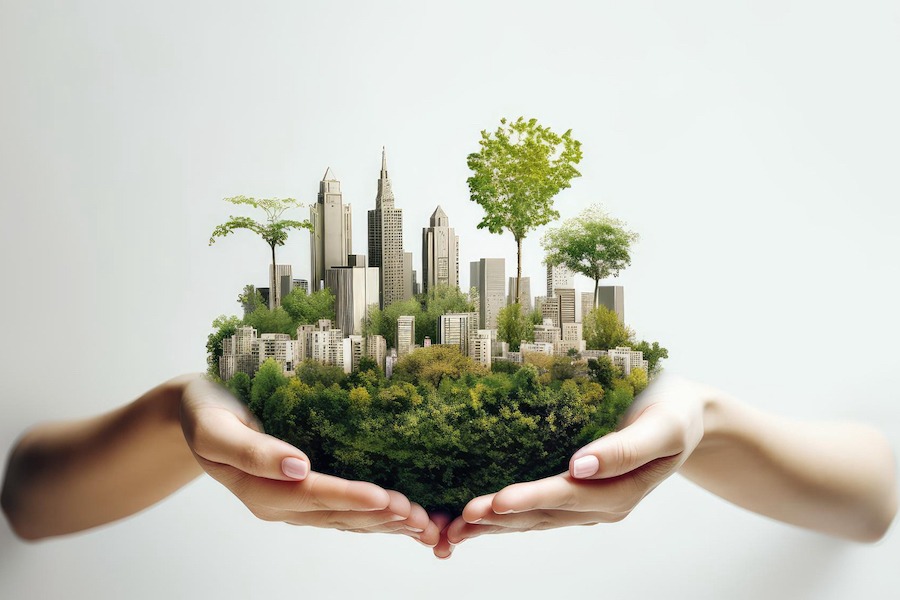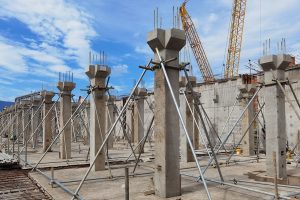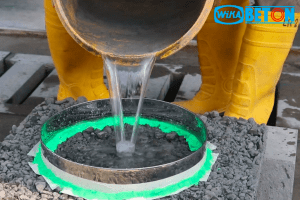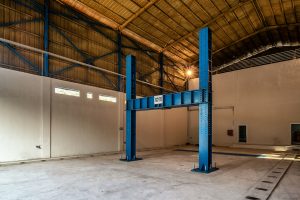In recent times, the public has been deeply concerned about the air pollution that blankets the Jabodetabek region. Over the past few weeks, a layer of grayish haze has shrouded the sky, which is, in fact, a thick layer of air pollution. In August 2023, the IQAir air quality monitoring site even ranked Jakarta as the city with the worst air quality in the world.
According to experts from the Institute for Environmental Research at IPB University and the Centre for Climate Risk and Opportunity Management in Southeast Asia Pacific (CCROM-SEAP), the significant contributors to air pollution include factors such as wind patterns, vehicle emissions, dry seasons, industrial activities, and more.
PT Wijaya Karya Beton Tbk (WIKA Beton), as an active player in the domestic concrete industry, also pays close attention to the concept of of green construction in pursuit of sustainable business practices. WIKA Beton has its own of green construction and green building programs, which are being gradually implemented. "Green construction, involves the design and execution of construction processes based on contractual documentation. The goal of implementing of green construction concept is to minimize the negative impact of construction processes on the environment. Meanwhile, green building emphasizes the environmental aspects of construction, design, and operation, with a primary focus on safety and natural surroundings.
The green construction program of green construction at WIKA Beton encompasses seven technical requirements: raw materials, energy, water, production processes, products, waste management, and greenhouse gas emissions. WIKA Beton prioritizes environmental management in building green building construction and emphasizes air quality and comfort in of green constructionFurthermore, efforts to reduce air pollution include testing emissions from diesel engines and exploring ways to manage CO2 emissions,2 including the use of alternative raw materials.
Additionally, WIKA Beton introduces Beton Porous as an alternative solution to address urban flooding issues. To actualize of green construction at project sites, WIKA Beton ensures that all projects are equipped with the necessary environmental permits, including Environmental Impact Assessment (AMDAL) and Efforts for Environmental Management and Monitoring (UKL-UPL) permits.
Several WIKA projects in eastern Indonesia, such as the Wani Port project, have adopted non-OPC cement, specifically Portland Composite Cement (PCC). Notably, to reduce carbon emissions, WIKA Beton utilizes fly ash waste as a component in ready-mix concrete, ready mix These initiatives have already been applied in prestigious projects like the Jakarta International Stadium, the office of the High-Speed Railway Contractor Consortium (HSRCC), the Integrated Industrial Zone in Batang, and various other projects.





